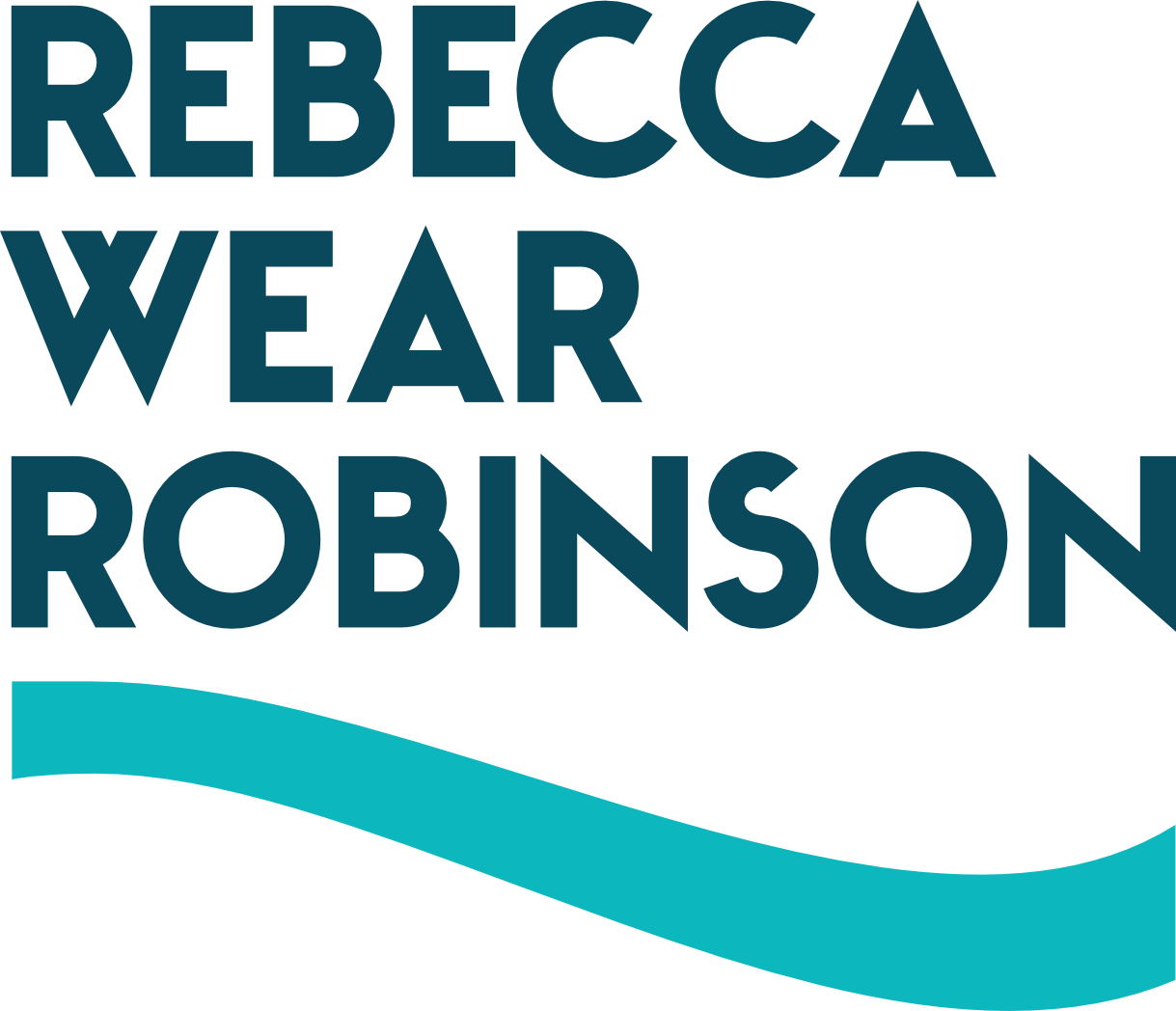Activists Need Art
banning art tells activists where action is needed.
In this week’s episode of ‘outraged at art’, Michelangelo’s David was declared to be pornographic. Having seen the sculpture in person, I am speechless. It is hard to comprehend the artist’s skill in transforming a block of marble into a beautiful celebrations of the human form. Aside from that, it’s just a nude body standing around. Rather a magnificent nude body, but no different from the nude bodies seen in every major museum, depicted in artwork throughout human history, especially during the Renaissance, when artists were fascinated with the human form. Nude is the state in which we all enter the world, and at least in the Christian tradition, how we were created. Pornography is defined as the depiction of titillating and sexually-charged imagery. In various forms, pornography has been around for 30,000 years. Simply being nude is not pornography.
Art is controversial for a reason. Art offends. Art challenges us. Art shames us. Art uplifts us. Art makes us uncomfortable. Art makes us feel bliss. Art shines a light on our comfortable beliefs. Art makes us question the status quo. Art enriches us. Art makes us yearn to be better. Art shows us how far we have come. Art shows us how far we have to go.
There is a reason that destruction of art and culture is the first action of authoritarian dictators and extremists. There is a reason why art and culture are regularly attacked by regular people who are afraid of change. Art incites emotion. Without art and culture, we are not human, we become automatons. We become easily controlled. We bend to the will of others. We cease to care. We stop being activists.
When art is under attack, it often signifies other rights under attack.
All art is not good. Sometimes art shows us a side of our culture that we find abhorrent. A quick look at history shows how and when activists looked at what was currently art and decided not to accept the status quo and to push for change. Most countries have some ban on pornography, though not the U.S. Between the 1880’s and 1900, most states in the U.S. changed a child’s age of consent from ten years old to sixteen. It wasn’t until 1978 that the Mann Act was amended to protect male or female minors from sexual exploitation, a reaction to the introduction of child pornography in the 1970’s. Thank goodness, at least it was a start in protecting children, which should be our baseline, but isn’t. Don’t let anyone tell you the U.S. protects children until they ratify the U.N. Convention on the Rights of a Child. The U.S. is the only country on Earth not to have ratified this agreement providing basic rights to children.
Art takes so many forms. Painting. Sculpture. Music. Drawing. Writing. Textiles. Performance. Cooking. Dance. Book banning is having yet another moment. The recent kerfuffle over was about Roald Dahl’s books and the attempt to make them completely inoffensive. In the U.S., book banning has been linked to religious views, slavery and abolition, “obscene” or “immoral” content (which conveniently included Margaret Sanger’s pamphlet on contraception), Jim Crow South, and now, between July 1, 2021 and March 31, 2022, banning 1,586 books in 86 school districts across 26 states - affecting more than 2 million students. LGBTQ+, race and racism, sexual content or sexual assault, and death and grief viewed as inappropriate, dangerous.
The subjects of book banning have one thing in common, they are all areas under attack in other arenas. It’s no different from the Taliban destroying the Buddhas of Bamiyan in 2001. Destroying the art represented destroying the culture, the history, the religious beliefs of others. Destroying the people followed, with the women of Afghanistan now erased from the public arena. The Nazis destroyed modern French and German artists in the areas of cubism, expressionism, and impressionism to ‘purify’ museums to eliminate all evidence of anything beyond their so-called “master race”. The concentration camps followed.
Attacking art is often the first step prior to attacking people.
I don’t know if you like Michael or Roald Dahl or whether or not some art offends you. I really don’t care. You have a choice whether you engage with art or read books, or not. That right I will strongly defend, whether I agree with your taste, or not. My right to engage my 5 senses in art and culture I will strongly defend, whether my taste offends you or not. My only caveat, are you defending something which harms others? Especially anything which harms children. In which case, your right to “free speech” and expression are not more important than my right, and all children’s right, to “life, liberty, and the pursuit of happiness”.
I do have great news for you. In most places on Earth, if you don’t like a form of art, you don’t have to look at it, watch it, listen to it, taste it, sing it, or read it. You have that right, but no one has the right to deprive others of art just because it’s not to their taste. Activists need to fight without cease to keep those rights.
“Obscene” speech is outlawed and excluded from First Amendment protection. Yes, interpreting “obscene” can be a thin line, subject to individual interpretation, or as Supreme Court Justice Potter Stewart stated in a 1964 case on “hard core” pornography, “I know it when I see it”.

